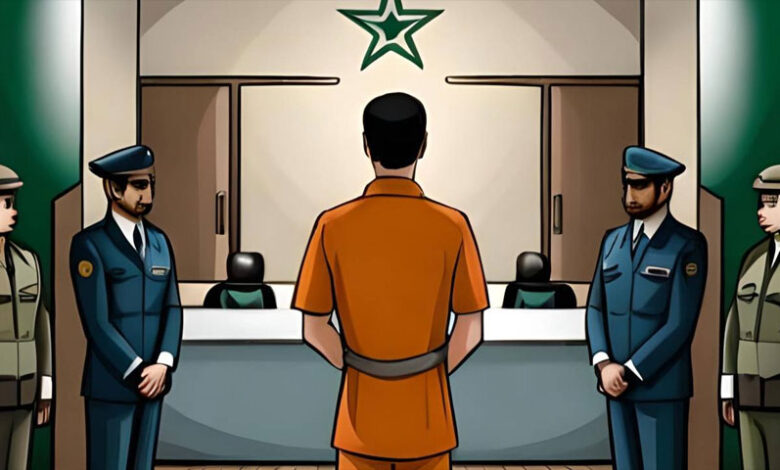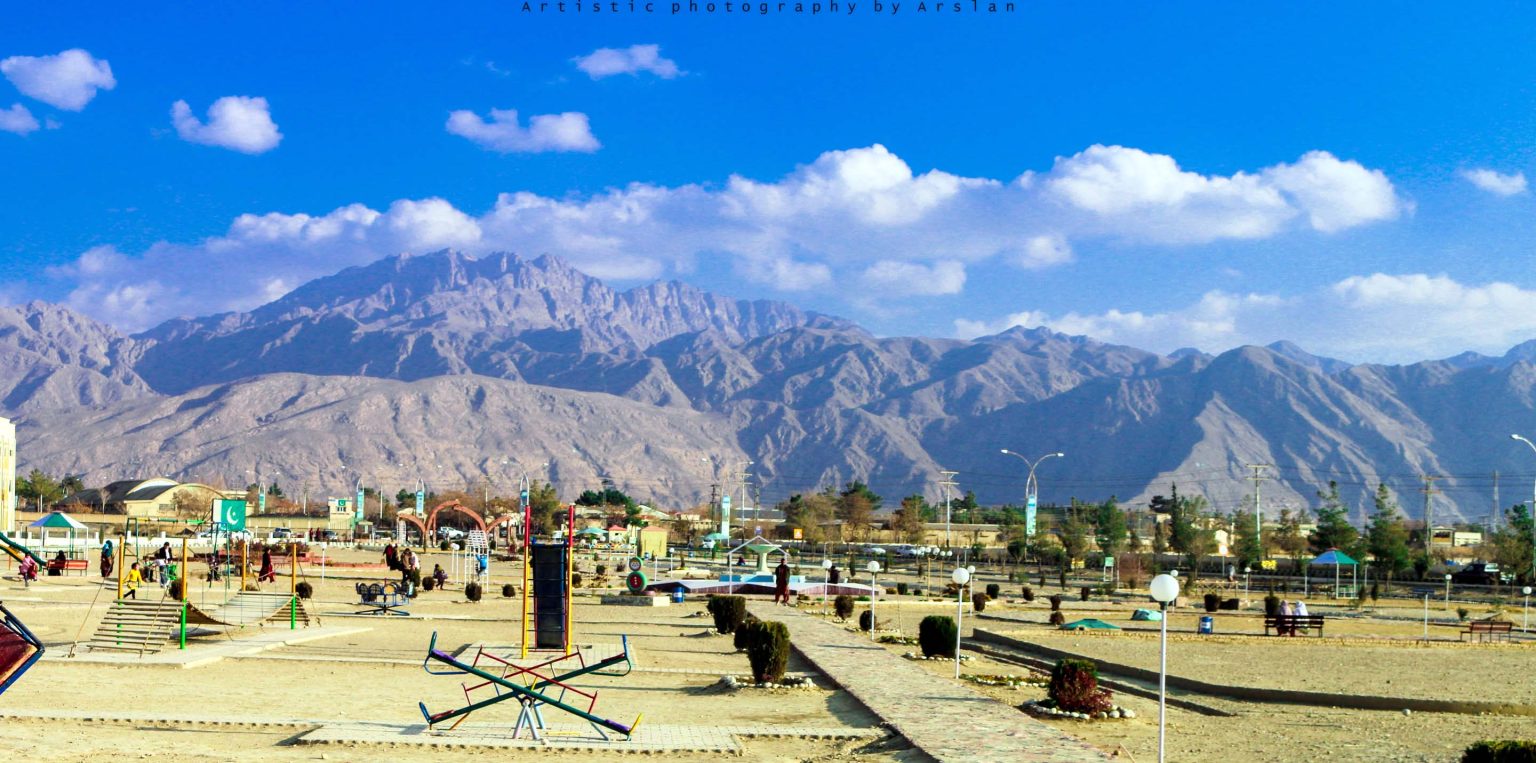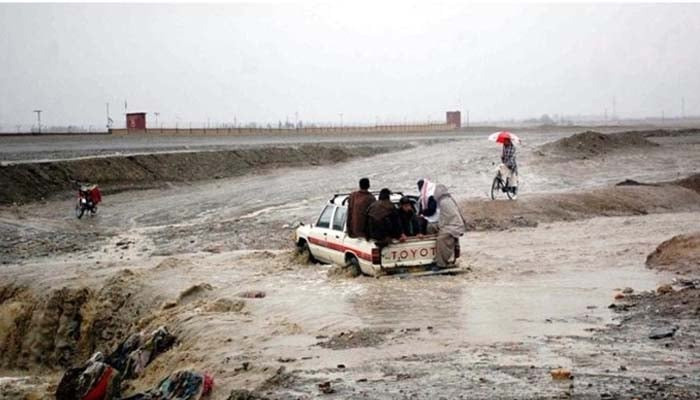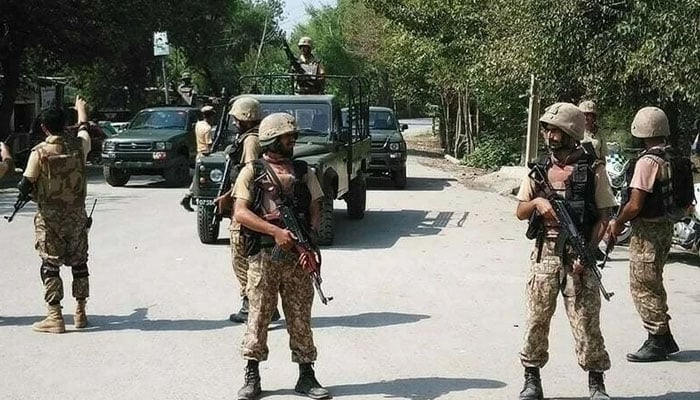Supreme Court Deliberates on Civilian Trials in Military Courts: Legal Experts Weigh In

Islamabad:The Supreme Court of Pakistan, under the leadership of Justice Ameenuddin Khan, recently heard a pivotal constitutional case regarding the trial of civilians in military courts. The case raised the fundamental question of whether civilians can be tried in military courts, or if such trials violate constitutional principles.
During the hearing, Justice Jamal Khan Mandokhel, a senior member of the bench, emphasized the clear stipulation in the Constitution that the executive cannot perform the judiciary’s role. He raised the critical question, *“If the executive commits a crime, can it act as the judge and decide its own case?”*
**Key Question: Will Cases be Reopened in Anti-Terrorism Courts?**
A major question raised during the hearing was whether, if the Supreme Court deems military trials for civilians unconstitutional, will the trials of those currently in military courts be transferred back to anti-terrorism courts? Legal experts provided differing views on the matter.
**Legal Expert Colonel (Retired) Inam Rahim’s Opinion**
Colonel (Retd) Inam Rahim, an expert on military courts, explained that if the Supreme Court rules that military trials of civilians are unconstitutional, cases involving civilians who have not yet been pardoned will likely be transferred to anti-terrorism courts (ATCs). However, he clarified that cases involving individuals who have already been pardoned cannot be reopened.
He further stated that in his personal opinion, civilian trials should always be held in civilian courts rather than military tribunals, as military courts are typically designed to handle cases involving military personnel, not civilians.
**Advocate Imran Shafiq Supports Transfer to Anti-Terrorism Courts**
Another lawyer who has represented clients in military courts, Advocate Imran Shafiq, echoed Colonel Rahim’s views. He confirmed that if the Supreme Court rules against military trials for civilians, their cases would be transferred to anti-terrorism courts. However, he stressed that those who have been pardoned will not face retrials. Despite the pardon, these individuals may still face restrictions, such as disqualification from government employment or participation in elections, until their conviction is fully overturned by a higher court.
**Supreme Court’s Decision to Cancel Cause Lists**
On the same day, the Supreme Court’s constitutional bench, after commencing the hearing on the matter of military trials for civilians, ordered the suspension of all other cases on the cause list. Only the case regarding military tribunals was heard. Later, the court canceled the cause lists for the next three days, indicating the importance and urgency of this case.
**Historical Context: When Were Cases Transferred from Military Courts?**
Colonel Inam Rahim referred to previous instances when the Supreme Court intervened in military court cases. He recalled the well-known case of Sheikh Liaqat Hussain, where during the first tenure of Prime Minister Nawaz Sharif, the Supreme Court had ordered the transfer of all civilian cases to anti-terrorism courts. This practice continued with the establishment of anti-terrorism courts under the Anti-Terrorism Act.
He also questioned why some cases, such as those of Sheikh Rashid and Khadija Shah, were transferred from military to civilian courts, pointing out that such cases lacked transparency.
**Concerns Over Transparency in Military Trials**
Colonel Rahim raised concerns about the lack of clarity in the process of selecting which cases would go to military courts and which would be handled by civilian courts. He also questioned why certain individuals, including Sheikh Rashid and Khadija Shah, were granted bail in cases under military court jurisdiction when typically such courts do not allow for bail.
**Hafeezullah Niazi’s Grievances**
In a separate development, Hafeezullah Niazi raised concerns regarding his son and other detainees who were transferred to civilian jails. He complained that despite their transfer, they were still being denied their basic rights, including difficulties in meeting their family members.
Colonel Rahim highlighted that in some cases, even basic rights, such as visitation rights, were being denied to prisoners. He cited an incident where an elderly widow was prevented from meeting her son in Sahiwal jail simply because her national identity card had expired.
**Key Military Court Cases**
Regarding military trials, the court also reviewed the cases related to the 9 May 2023 events. According to reports, 103 individuals were taken into military custody, and 85 of them have already had their cases decided. Among them, 19 individuals have been pardoned, while the cases of the remaining individuals are still pending.
On December 13, 2023, the Supreme Court allowed the continuation of trials of 85 individuals involved in the May 9 incidents in military courts. However, on October 23, 2023, a five-member bench led by Justice Ijaz Ul Ahsan had ruled that trials of civilians in military courts were unlawful. This decision was temporarily suspended by a bench under Justice Sardar Tariq Masood on December 13, 2023, allowing military trials to proceed with conditions.
The case continues to raise questions about the balance between national security concerns and the rights of civilians under the Constitution, with significant implications for the future of military tribunals in Pakistan.






